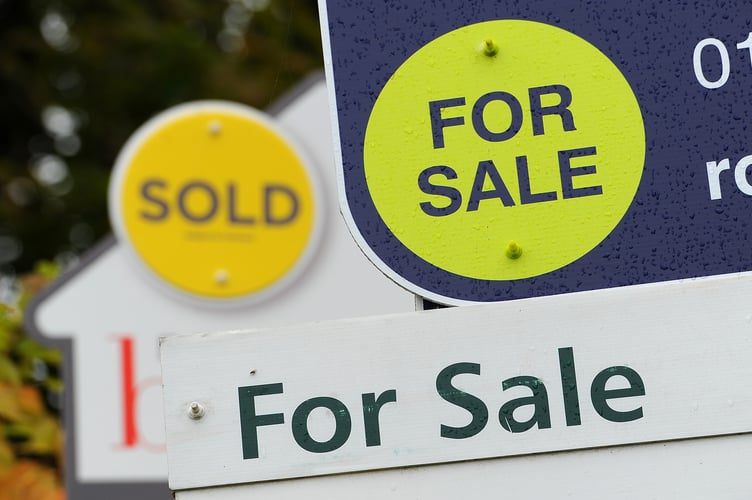House prices in Powys increased in September, new figures show.
Figures from the Office for National Statistics show the average Powys house price in the year to September was £244,015 – a 1.5% increase on August.
The picture was different to that across Wales, where prices decreased by 2.2%.
The rise in Powys contributes to the longer-term trend in the area, which has seen property prices in the area grow by 0.4% over the last year.
It means the area ranked 16th among Wales’s 22 local authorities for annual growth, with the average price in Powys rising by £930 over the past year.
The highest annual growth in Wales was in Blaenau Gwent, where property prices increased on average by 12.5%.
At the other end of the scale, properties in Gwynedd lost 7.9% of their value.
Across the UK, average house prices in September fell slightly on the month before, but have accelerated by 2.9% over the past year.
Separate figures from the ONS show the Consumer Prices Index (CPI) inflation jumped to 2.3% in October, up from 1.7% the previous month.
David Hollingworth, associate director at L&C Mortgages, said the jump in inflation could "bring further headaches for mortgage borrowers".
He said inflation lifting above the Bank of England's 2% target is "not a shock", but added it is higher than many had expected.
He said fixed rate mortgages have climbed in recent weeks, adding: "Those increases are due to the less optimistic forecast for interest rates and today's figures will do nothing to change that.
"Although still expected to fall, the growing expectation has been for rates to fall more slowly and not as far as previously anticipated."
Alice Haine, a personal finance analyst at Bestinvest by Evelyn Partners, said: "Homeowners and first-time buyers are likely to be disheartened by the latest inflation reading, as it reduces the likelihood of a third rate cut this year.
"The average cost of a new fixed rate mortgage has been creeping up since the Budget, as lenders price their products to reflect expectations that interest rates may stay higher for longer."
She added the rise in inflation means mortgage borrowers could have "more pain to contend with" if more lenders adjust their rates upwards.




